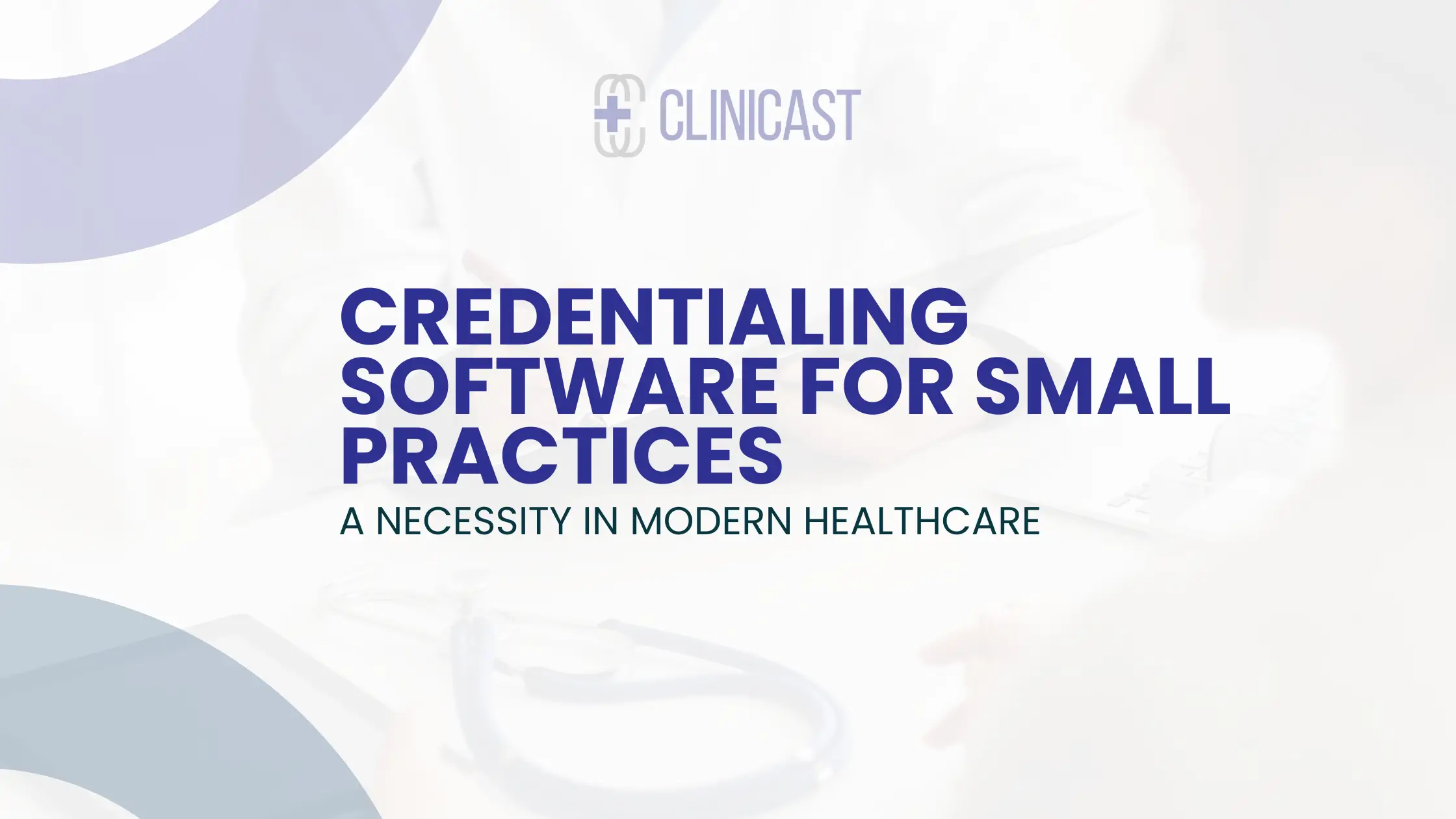Small practices face unique challenges in medical credentialing, often juggling multiple roles. The absence of dedicated teams, as seen in larger organizations, can make their credentialing process error-prone and time-consuming. Keeping track of qualifications, re-credentialing dates, and ever-changing regulations becomes a daunting task.
Benefits of Credentialing Software for Small Practices
Credentialing software revolutionizes healthcare for small businesses by:
1. Automating Data Management: Eliminate manual entries and reduce human errors.
2. Offering Real-time Verification: Speed up qualification checks from primary sources.
3. Sending Timely Alerts: Never miss a re-credentialing date again.
4. Centralizing Data: Ensure consistent access to credentialing data across multiple locations.
5. Monitoring Compliance: Stay updated with the latest regulatory changes.
The Need for Tailored Credentialing Software in the USA
The USA’s healthcare system, with its state-specific regulations and insurance intricacies, demands specialized credentialing software. Adopting such tools means streamlined processes, reduced overheads, and a sharper focus on quality patient care.
Embrace the Digital Future of Healthcare
Proper credentialing isn’t just about compliance for small practices. It’s a commitment to quality care. As digital tools like credentialing software emerge, the pathway to efficient credentialing becomes evident. Adopting these tools is a stride towards a more streamlined, compliant, and patient-centered healthcare future.
Read out our another blog to know the Credentialing importance for Medical Assistants.
People Also Asks
What is credentialing software?
It’s a digital tool that simplifies the medical credentialing process, ensuring accuracy, compliance, and efficiency.
How can small practices benefit from it?
It automates data handling, provides instant verification, sends timely alerts, centralizes data access, and monitors compliance.
Is there software tailored for American practices?
Yes, considering the USA’s unique healthcare regulations, there are solutions specifically for American healthcare businesses.
How does it ensure regulatory compliance?
It remains updated with the latest regulations, offering alerts to keep practices in line with current standards.
What’s next for credentialing software?
Future versions might integrate AI for analytics, use blockchain for data verification, and offer more user-friendly interfaces.



